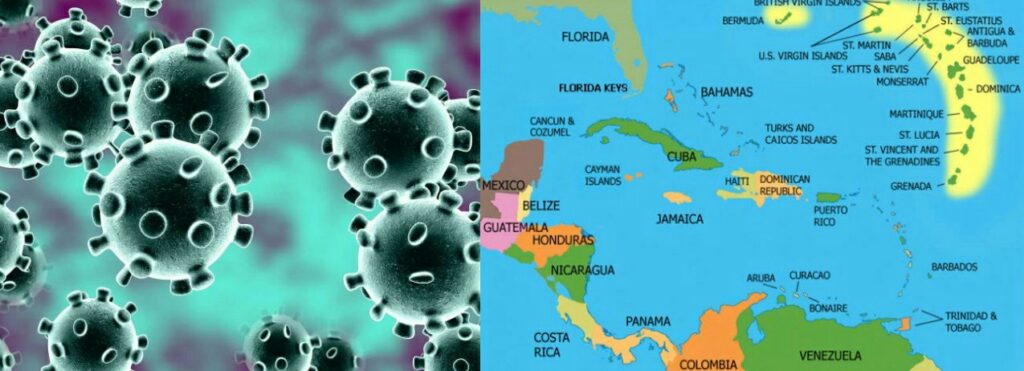
The Pan American Health Organization (PAHO) is urging countries in the Americas, including the Caribbean, to strengthen surveillance and bridge gaps in the coronavirus (COVID-19) vaccination coverage to end the emergency and better prepare for future health crises
PAHO Director, Dr. Jarbas Barbosa, made the call as the pandemic, linked to millions of deaths and infections worldwide, entered its third year.
Over the past three years, the Americas had over 190.3 million COVID-19 cases and over 2.9 million deaths, accounting for 25 and 43 per cent of the global total respectively.
“The pandemic underscored that no country or organization in the world was fully prepared for the impact of this pandemic,” Dr. Barbosa told a news conference, adding this includes the Americas, which is a region “marked by inequities.”
The PAHO director said currently incidence rates are 20-30 times lower than a year ago, but “while we are not totally out of the woods, we are in a much better place”
He highlighted the key role PAHO played in helping countries, including building and strengthening the COVID-19 Genomic Surveillance Regional Network, which is key to tracking the evolution of the virus and monitoring for other pathogens with pandemic potential, including avian flu.
Over the past three years, the network has facilitated uploading more than 580,000 sequences from Latin America and the Caribbean into global databases.
Dr. Barbosa also spoke of the role PAHO played in acquiring the COVID-19 vaccine and “mobilizing over 160 million doses through COVAX and helping the countries of Latin America and the Caribbean roll out more than 1.3 billion vaccine doses in less than two years.”
But he acknowledged that despite these achievements, “COVID-19 is still with us and the virus has yet to settle into a predictable pattern.
“Throughout the last month, we have seen more than 1.5 million new cases and 17,000 deaths. We cannot be complacent,” he warned, adding that while testing rates have dropped, countries must maintain and continue to strengthen surveillance as the SARS-CoV-2 virus “can evolve and adapt quickly”.
Reaching the 30 per cent of people who have yet to receive their COVID-19 primary series of COVID-19 vaccine, is also key to “preparing ourselves for any new wave of infection or new variant of concern.”
He said while the region has experienced a variety of setbacks throughout the pandemic that has “revealed or exacerbated weaknesses in our health systems”, including in the detection and treatment of diseases such as TB and HIV, in the testing and treatment of non-communicable diseases; and in declining rates for routine vaccination, we now have a unique opportunity to “place health at the center of the Sustainable Development Agenda.
“We must focus on recovering losses and on rebuilding resilient health systems that work for everyone, as well as being better prepared for future health threats,” the PAHO Director said, noting “as I begin my tenure, a primary focus is to help countries of the Americas move past the COVID-19 pandemic.”
“PAHO stands ready to support our countries in the Americas, to learn from and apply the lessons we have learned from the COVID-19 pandemic.”